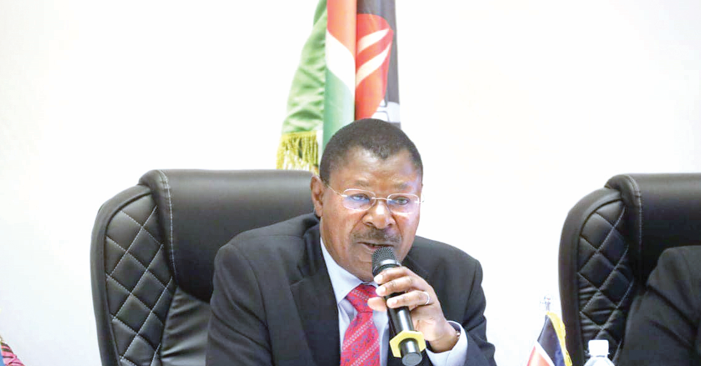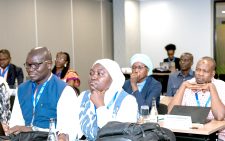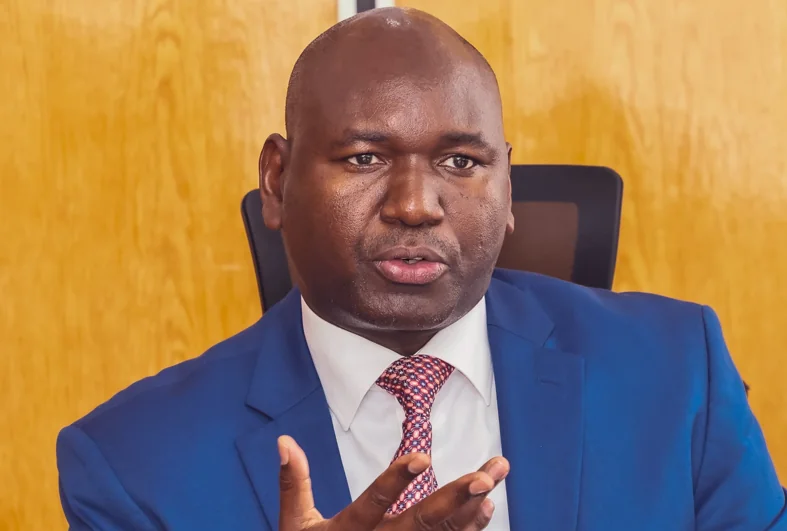Wetangula advocates for global laws on GBV, slavery

National Assembly Speaker Moses Wetangula has told parliaments across the Commonwealth to not just create laws against gender-based violence but also eradicate modern slavery.
Speaking at a workshop on strengthening parliamentary action to address gender-based violence and modern slavery in supply chains, Wetangula (pictured) emphasised that as lawmakers, they bear a profound responsibility to lead in ending these scourges that afflict nations irrespective of their economic status.
“Violence against women and girls (VAWG) and modern slavery are not issues that respect geographical boundaries or political affiliations; they are universal challenges that demand our unwavering attention as parliamentarians,” said Wetangula.
He added: “The theme, ‘Strengthening Parliamentary Action to Address Gender-Based Violence and Modern Slavery in Supply Chains,’ aims to advocate for rigorous oversight with the ultimate goal of reducing these issues both domestically and internationally.”
Complex supply chains
In today’s globally interconnected economy, the speaker highlighted how the goods and services we consume are often the products of complex supply chains spanning nations and continents.
He lamented that while these supply chains drive economies and promise prosperity, they’ve also become sources of exploitation and suffering, especially for women and girls.
“As parliamentarians, we must wholeheartedly commit ourselves to crafting legislation that not only holds the perpetrators of these horrifying acts accountable but also ensures that our businesses and industries operate under the highest standards of ethics, with unwavering respect for human rights,” he said.
Referring to Global Estimates of 2021, the speaker regretted the haunting statistic: approximately 50 million individuals trapped in modern slavery, with six individuals affected for every thousand people globally.
“Over 12 million of these victims are innocent children, while a staggering 54 per cent are women and girls,” he revealed, adding that the impact of modern slavery knows no bounds; it transcends geographical borders and affects regions indiscriminately, regardless of economic status.










